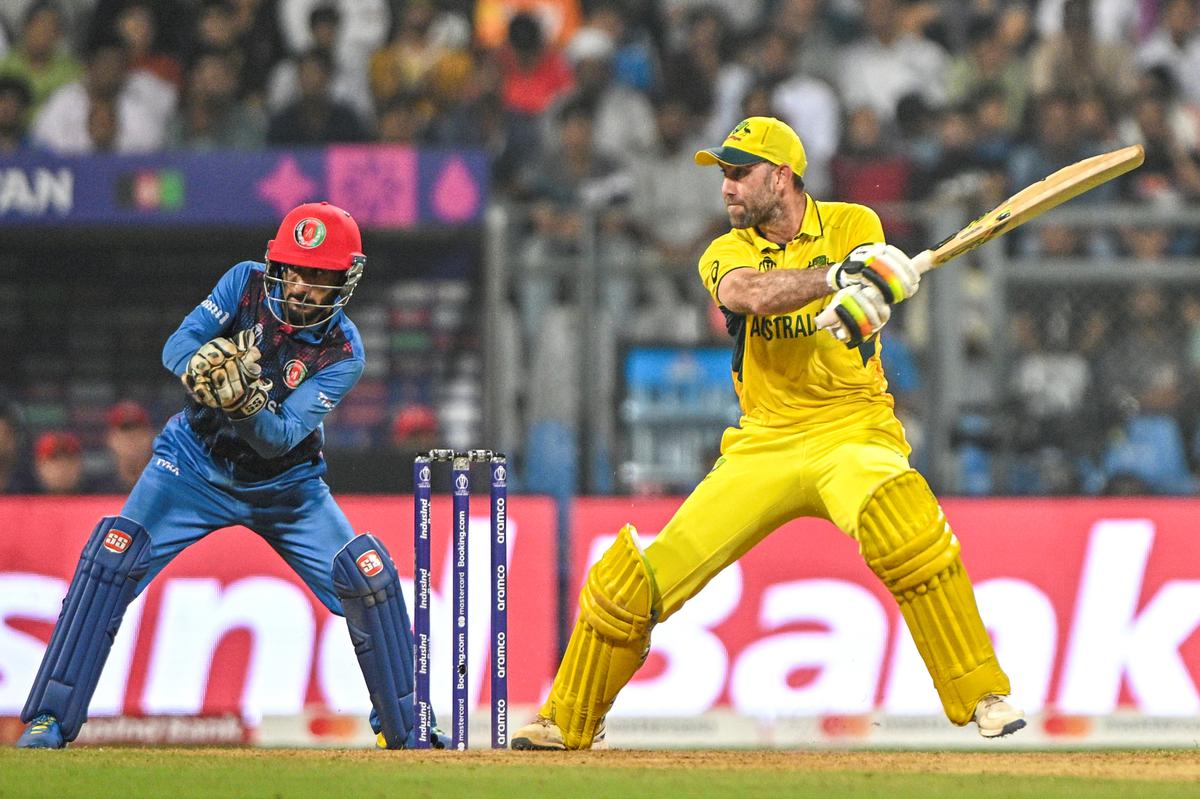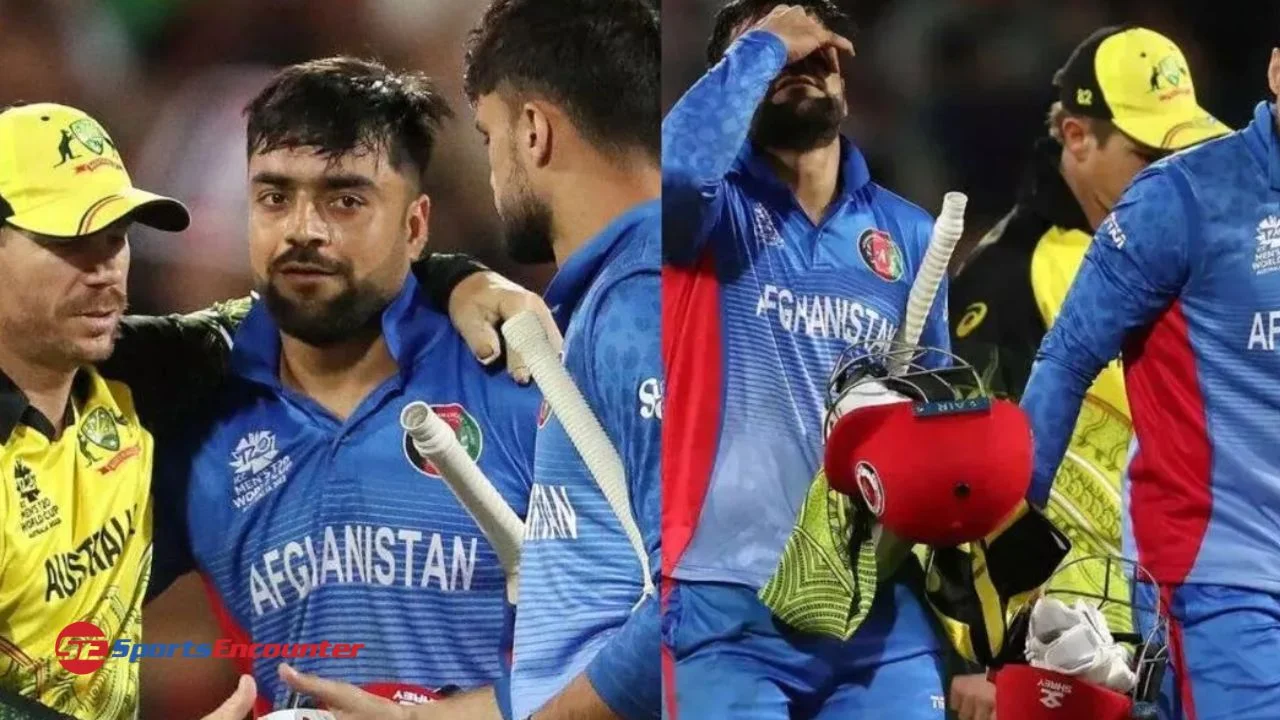In a world where sports often serve as a bridge between diverse cultures and conflicted politics, the recent postponement of the bilateral series between Australia and Afghanistan by Cricket Australia (CA) has sent ripples through the cricketing community. This decision, influenced by concerns over human rights violations in Afghanistan, particularly against women and girls, highlights the intricate dance between sports, politics, and societal values. As we delve into the complexities of this issue, we uncover a saga of disappointment, diplomatic appeals, and unforgettable cricketing moments that have captivated fans worldwide.

The Heart of the Matter
The Afghanistan Cricket Board (ACB), facing yet another cancellation, expressed profound disappointment over CA’s decision to postpone the three-game T20I series scheduled for August. This marks the third instance of such an action by CA, following the cancellations of a one-off Test in Hobart in 2021 and a three-game ODI series in March 2023. The reasoning behind these decisions stems from CA’s stance on human rights issues in Afghanistan, particularly the exclusion of women and girls from participating in cricket.
CA’s official statement, as reported by cricket.com.au, reaffirms its commitment to supporting women’s and girls’ participation in cricket globally. The organization has emphasized its ongoing efforts to work with the International Cricket Council (ICC) and the ACB to find solutions that could pave the way for resuming bilateral matches in the future.
In response, the ACB has made a passionate plea for politics-free cricket and requested that the Australian government not exert undue influence over CA’s decisions. The board seeks recognition as a full-member nation and calls for collaborative solutions to overcome the challenges at hand.
Australia have postponed yet another international engagement with Afghanistan 👀
Details ⬇https://t.co/i3z6oiZSGB
— ICC (@ICC) March 19, 2024
Unforgettable Encounters and Historical Achievements
Despite the political and social challenges overshadowing the bilateral relations between Australia and Afghanistan, the cricketing ties have been marked by memorable moments and historic achievements. One such highlight was the epic clash between the two teams at the 2023 ODI World Cup at Mumbai’s Wankhede Stadium.
Ibrahim Zadran etched his name in the history books by becoming the first Afghan batter to score a World Cup hundred, propelling Afghanistan to a competitive total of 291 in 50 overs. However, it was Australia’s Glenn Maxwell who stole the show with a breathtaking knock of 201*, marking his innings as one of the most unforgettable in his career. Maxwell’s performance not only led Australia to a thrilling three-wicket victory but also saw him become the first batter in ODI cricket history to score a double-century in the second innings of a match.

The Way Forward
As the cricketing world navigates these turbulent waters, the core issue remains the integration of sports with societal values and human rights. The dialogue between CA and the ACB, under the aegis of the ICC, represents a critical juncture in addressing these concerns. The global cricket community eagerly awaits a resolution that honors the spirit of the game while upholding the principles of equality and human rights.
In the meantime, fans can continue to relive the thrills of past encounters and look forward to the day when Australia and Afghanistan can once again showcase their rivalry and camaraderie on the cricket field. As the situation evolves, the hope remains that cricket can emerge as a unifying force, transcending boundaries and bringing nations together in the pursuit of excellence and mutual respect.
In this narrative of cricket diplomacy, every player, official, and fan holds a stake in the game’s future, highlighting the profound impact of sports on societal change and international relations. The story of Australia and Afghanistan’s cricketing ties is far from over, and the next chapters promise to be just as compelling as the game itself.

